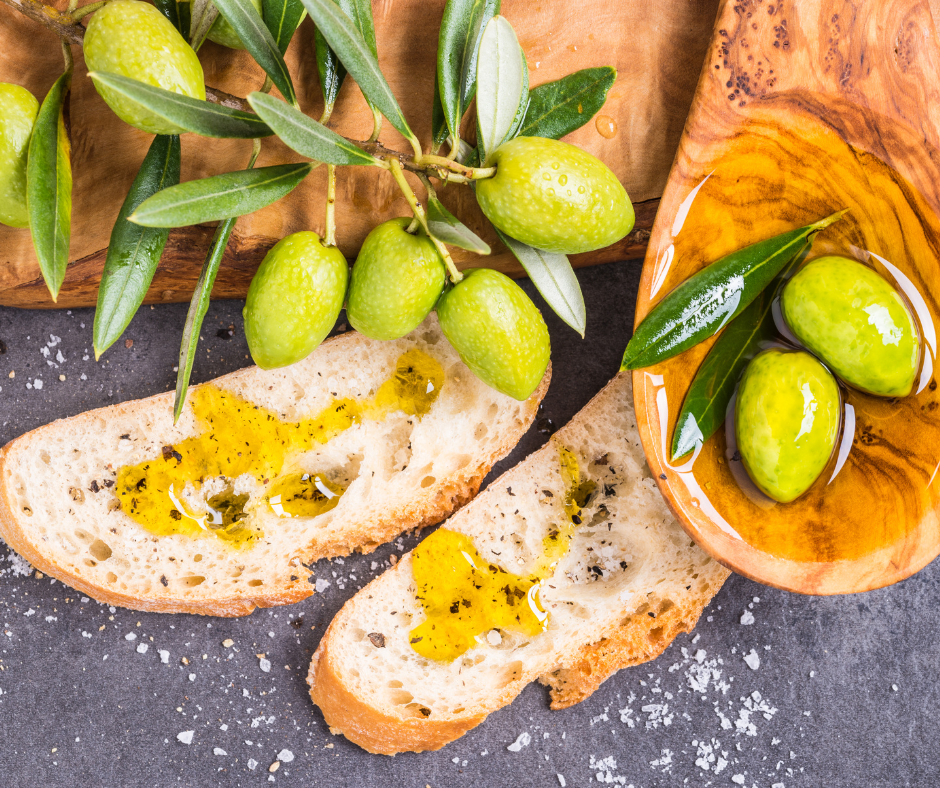When reading a label or choosing a typical product, have you ever wondered what acronyms like DOP, IGP, BIO or short supply chain really mean?
In a world where words matter, knowing the exact meaning of terms related to agri-food quality helps you make informed choices, promoting authentic producers and protecting your health.
Here is the essential glossary of taste : a clear, practical and up-to-date guide to help you find your way around the labels and values of good food.

🟡 DOP – Protected Designation of Origin
➤ What does it mean:
The PDO guarantees that all production phases (from raw materials to processing) take place in a specific geographical area , according to precise rules.
🧀 Example : Garda DOP Extra Virgin Olive Oil
It is produced only with olives grown in the Garda area, milled locally, according to rigorous specifications.
➤ What it assures you:
✅ Controlled origin
✅ Certified quality
✅ Tradition and territorial identity
🔵 PGI – Protected Geographical Indication
➤ What does it mean:
A PGI product must have at least one phase of the production process linked to a specific territory.
Not everything has to be local, but there is a strong connection to the area of origin .
🥩 Example : Bresaola della Valtellina PGI
Processing takes place in Valtellina, although the meat can come from other EU countries.
➤ What it assures you:
✅ Connection with the territory
✅ Processing controls
✅ Recognisability and value

🟢 BIO – Organic Farming
➤ What does it mean:
An organic product is grown and processed without the use of chemical pesticides, synthetic fertilizers or GMOs .
Agricultural techniques respect the environment, animal welfare and biodiversity.
🍅 Example : Organic honey from Lake Garda
Produced by beekeepers who do not use chemical treatments on the hives or in the fields.
➤ What it assures you:
✅ Environmental sustainability
✅ No or minimal chemical residues
✅ EU Certification
🟠 Short supply chain
➤ What does it mean:
This means fewer steps between the producer and the buyer . The product arrives directly from the farmer, the dairy, the mill... avoiding industrial processes or intermediaries.
🥖 Example : Buying fresh bread from a bakery that uses wheat grown a few kilometers away.
➤ What it assures you:
✅ Traceability
✅ Freshness
✅ Support the local economy

🔴 Slow Food Presidium
➤ What does it mean:
It is an ethical and cultural certification , awarded by Slow Food to rare, endangered or at-risk products .
They protect forgotten flavors, artisanal techniques, and biodiversity.
🫘 Example : Broccoli from Torbole (TN), Slow Food Presidium
A rare winter vegetable, grown only on Lake Garda in Trentino.
➤ What it assures you:
✅ Tradition
✅ Artisan supply chains
✅ Biodiversity conservation
🧾 Transparent label: what to always check
Each label should indicate:
-
Origin of the product (or ingredients)
-
Expiry date or TMC
-
Production batch
-
Name and address of the manufacturer or packager
-
Any certifications (DOP, BIO, IGP, etc.)
💡 If you only find vague phrases like “EU origin” or “store in a cool place,” be careful: the more detailed a label, the more trustworthy the product.
Conclusion: knowledge is the first step to choosing better
Knowing what DOP, IGP, BIO, and other agri-food terms mean makes you a more aware, more demanding, and more responsible consumer.
Choosing a local, certified, or artisanal product isn't just a matter of taste: it's a value-driven choice.
📚 Save this glossary, share it, and use it as a guide whenever you shop or order online.






0 comments